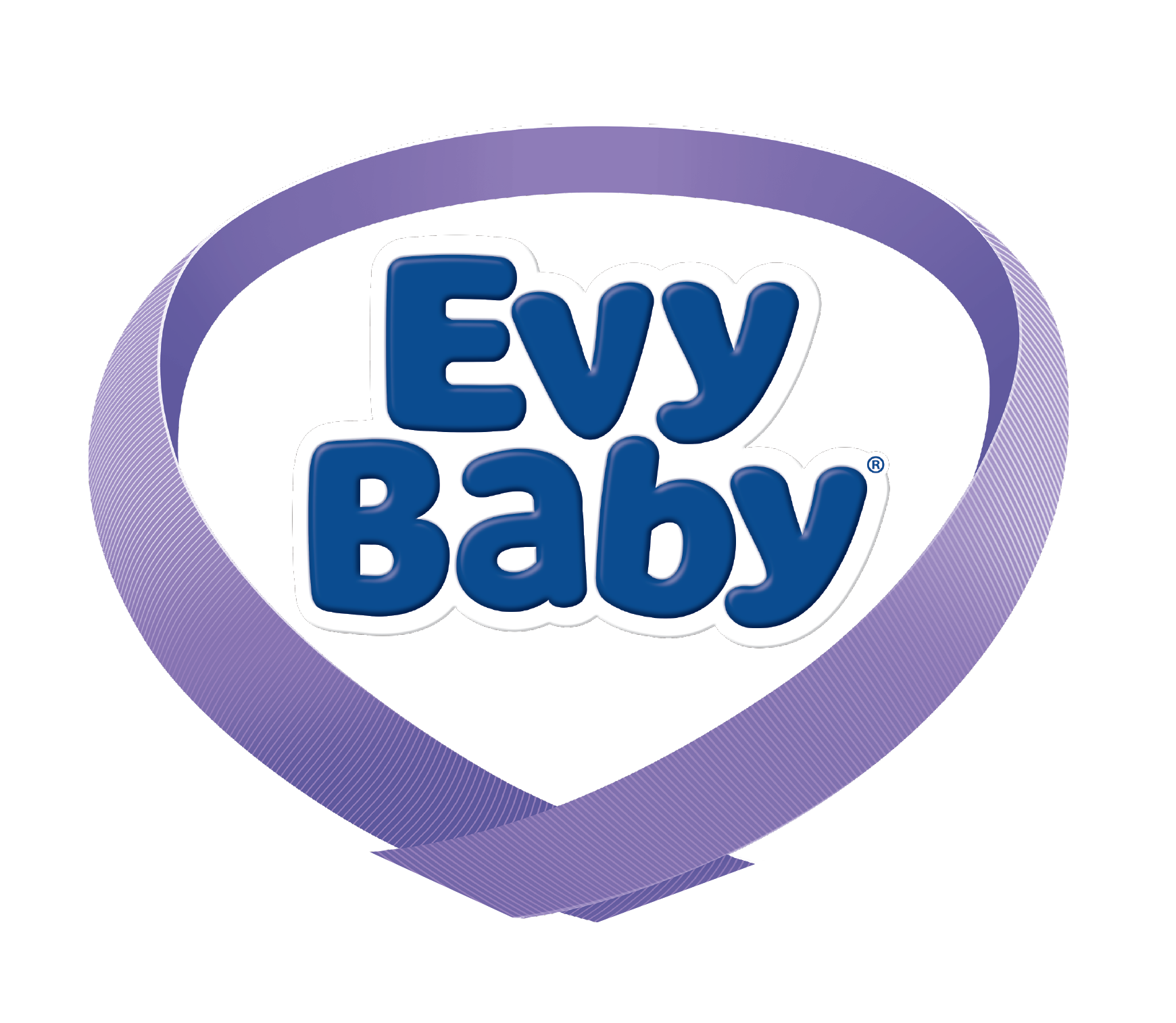

Now that your baby is born, you will need to take the necessary steps to ensure she/he receives a balanced diet with the right nutrition. This was taken care of naturally when your baby was in your womb, but as a new mother, you may be feeling in need of some guidance. We believe that, thanks to our balanced diet suggestions, your baby will acquire not only the necessary nutrition, but also good eating habits. Here are our suggestions:
The most important nutrients for children aged one to two years old are: iron, calcium, vitamin C and vitamin D. Infants in this age group need to have a balanced and regular diet. When fruit, vegetables, cereals, meat, milk, oil and sugar are added to your baby's diet, there should also be enough calcium. That’s why your one-to-two-year-old should consume a matchbox-sized amount of, for example, feta cheese, yogurt and milk every day.
Your baby’s bone development, which accelerates precisely in this period, depends on consuming adequate levels of vitamin D. Natural vitamin D is sunlight; but during winter, or if sunlight is not possible, make sure your baby meets her vitamin D need with cheese, butter, milk and fish oil.